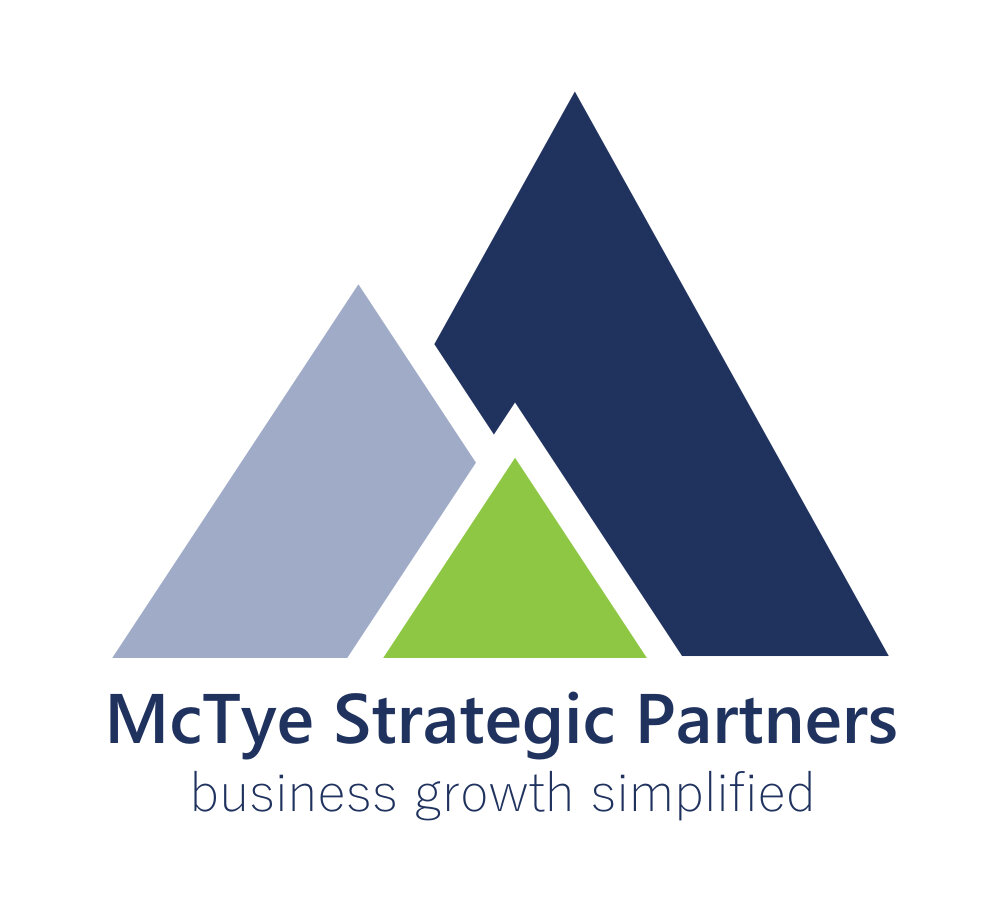How do I transition to retirement when the business relies on me?
After working hard for years to grow your business into what it is today, the time to transition into retirement is approaching. It undoubtedly comes with mixed emotions: you are ready for new adventures and challenges, but you want to ensure your business runs successfully without you as you transition out. Like many business owners, day-to-day tasks may rely on you too much for you to simply step away, so you need a strategy.
If you don’t have a specific plan at this stage, you’re not alone. I’m often surprised when I ask successful business owners about their proposed exit or transition strategy; I very rarely get a clear response. Typically, they have thought about the transition but haven’t taken any action to manage it. Generally, I find owners feel overwhelmed, don’t have the time to think about it or don’t know where to start.
Business owners regularly have a significant percentage of their net worth tied up in their businesses, and a successful transition is important to their longer-term future and wellbeing.
The most important first step is to start having conversations with family, business associates and advisors. Consider appointing a mentor or establishing an advisory board to manage the transition and develop a transition plan. I find having an experienced external voice at the table with no conflicts of interest is integral in getting all the key issues and questions out into the open and addressed.
Typically, during the transition process, we often address key issues and questions such as:
Should I sell or put in place management to run the business?
Who could replace me, so I don’t have to run it day-to-day?
Can we keep the business in the family?
What communication should we put in place to manage family expectations and avoid conflicts?
How can I maximise the value of the business?
What is a realistic timeframe to transition out of the business?
How can I reduce risks before exiting? (For example, release of bank guarantees, director guarantees or contractual obligations)
Will I have enough funds to transition or retire on?
What are the implications on the business and my personal assets if I become permanently incapacitated or pass away before fully transitioning?
No matter the size and complexity of your business, careful planning, monitoring, and ongoing communication is crucial to transition from your business successfully. I always encourage my clients to discuss with other business people who have successfully managed their transition to understand how they did it and ask them to discuss or provide input into your own planning process.
A key challenge we come across is when numerous family members are involved in the business, all with their own views and self-interests that need to be considered. The Introductory Guide to Family Business Succession Planning, developed in partnership with Family Business Australia, provides a step-by-step guide to passing the family business on to the next generation. If it is relevant to you and your situation, it is well worth the read.
Establishing an ongoing relationship with a business mentor and advisory board can greatly improve your chances of a successful transition. Above all, the most important thing is to develop a clear transition plan and take action.
To learn more about how we can help you, contact Chris at chris@mspartners.com.au or call 0418 357 939.

